Exposed: The Shocking Fate of Two Orcas Abandoned in a Marine Park—New Video Reveals Haunting Truth
Ever wonder what it feels like to be stuck in an eternal pool party with no guests and no snacks? That’s exactly the grim scene playing out at Marineland of Antibes in France, where two orcas—Wikie and her son Keijo—are trapped in tanks that have turned into green, algae-filled prisons. Since the park’s closure earlier this year, thanks to a sweeping ban on captive aquatic mammals for entertainment, these majestic creatures are caught in legal limbo, left circling behind shuttered gates with no meaningful rescue in sight. It’s like watching a suspense thriller unfold underwater, except the clock’s ticking for their survival—and nobody’s hitting pause. If you think animal captivity is just about shows and photos, think again; it’s a heartbreaking tale of neglect and looming disaster for these intelligent giants. So, what happens when progress meets bureaucracy and a mother and her son become the last ‘performers’ left on an empty stage? Let’s dive in and unpack this urgent story before it’s too late… LEARN MORE.
Warning: This article contains discussions of animal cruelty that some readers may find upsetting
Campaigners issued a dire warning about the fate of the two orcas trapped in an abandoned marine park in France.
Animal rights advocates have said that ‘time is already running out’ to save the pair of killer whales who are said to have been ‘left for dead‘ at the now-defunct Marineland of Antibes.
The tourist attraction closed its doors in January this year, amid a decline in ticket sales and due to a landmark law change in the country regarding the keeping of creatures captive.
France became one of the first European countries to ban the use of aquatic mammals, such as orcas and dolphins, for live entertainment and captive breeding programmes in 2021.
The legislation was passed four years ago and comes into force from December 2026 – and although this is a huge win, it has left the mother and son stuck at Marineland ‘in limbo’, campaigners say.
Wikie, 23, and her 11-year-old son Keijo remain confined in an enclosure at the deserted attraction, as heartbreaking drone footage taken earlier this week shows.
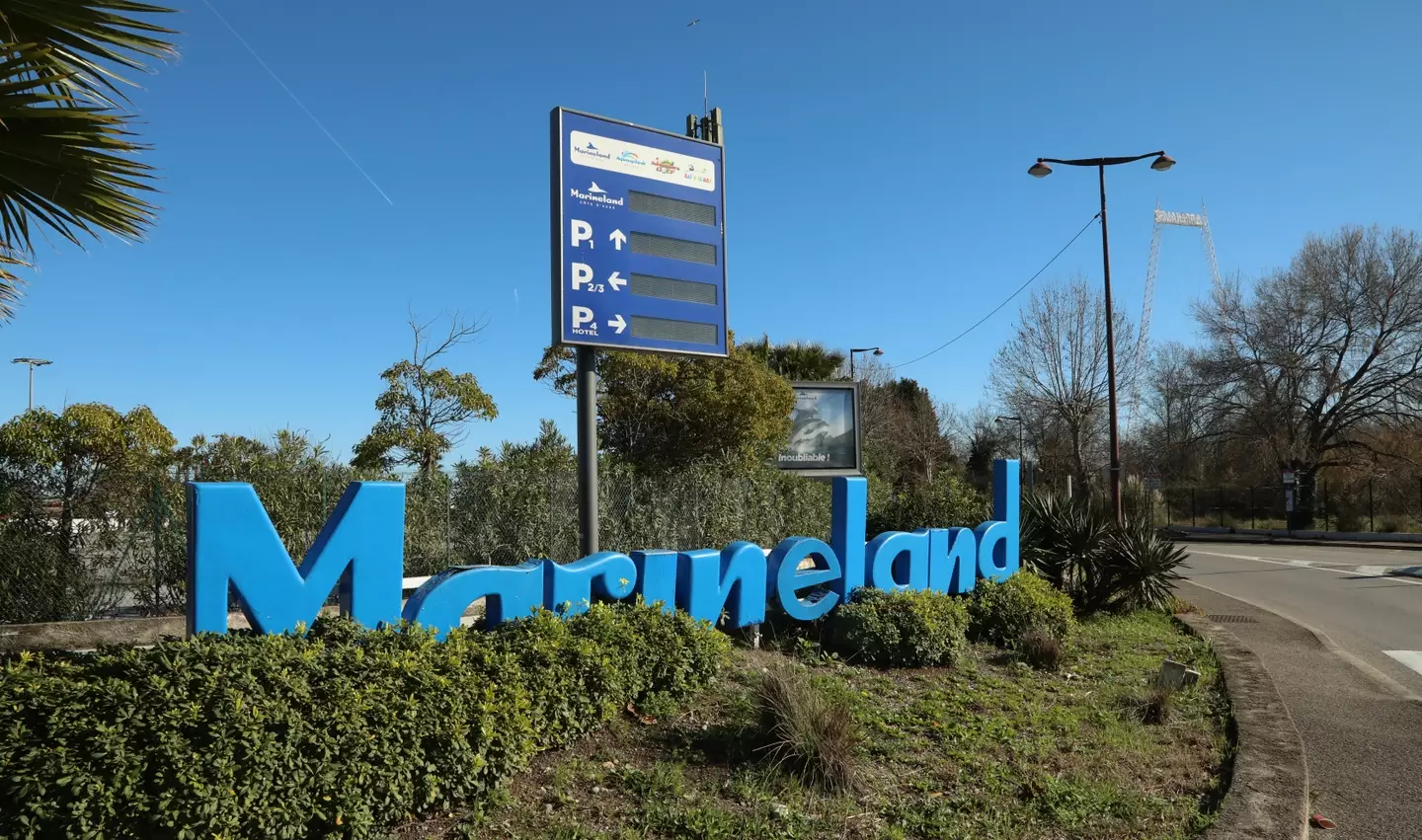
Campaigners warned that Wikie and Keijo ‘could be next’ if swift action isn’t taken (Mohamad Salaheldin Abdelg Alsayed/Anadolu via Getty Images)
Although the majority of the 4,000 animals that also called Marineland home have been relocated, environmental campaigners at EarthDay say the duo have been left ‘live out their days in algae-filled tanks behind shuttered gates, in a facility slowly crumbling around them’.
The organisation explained that it’s a race against the clock to secure Wikie and Keijo’s survival – as if action isn’t taken fast, they reckon the pair could reach the same grisly end as their relatives.
In a poignant message shared in August calling on animal lovers to help the orcas, EarthDay said: “In just the past 18 months, Wikie’s firstborn son, Moana, died from a bacterial infection, and her brother, Inouk, succumbed after ingesting a piece of metal from his tank.
“These deaths were not almost certainly not inevitable, they were most likely the result of poor hygiene and the stress of long term confinement.
“Unless action is taken, Wikie and Keijo could be next.”
Marine parks in France were given until December next year to rehome animals amid the impending change in the law, but those fighting for Wikie and Keijo’s freedom say ‘time is already running out’.
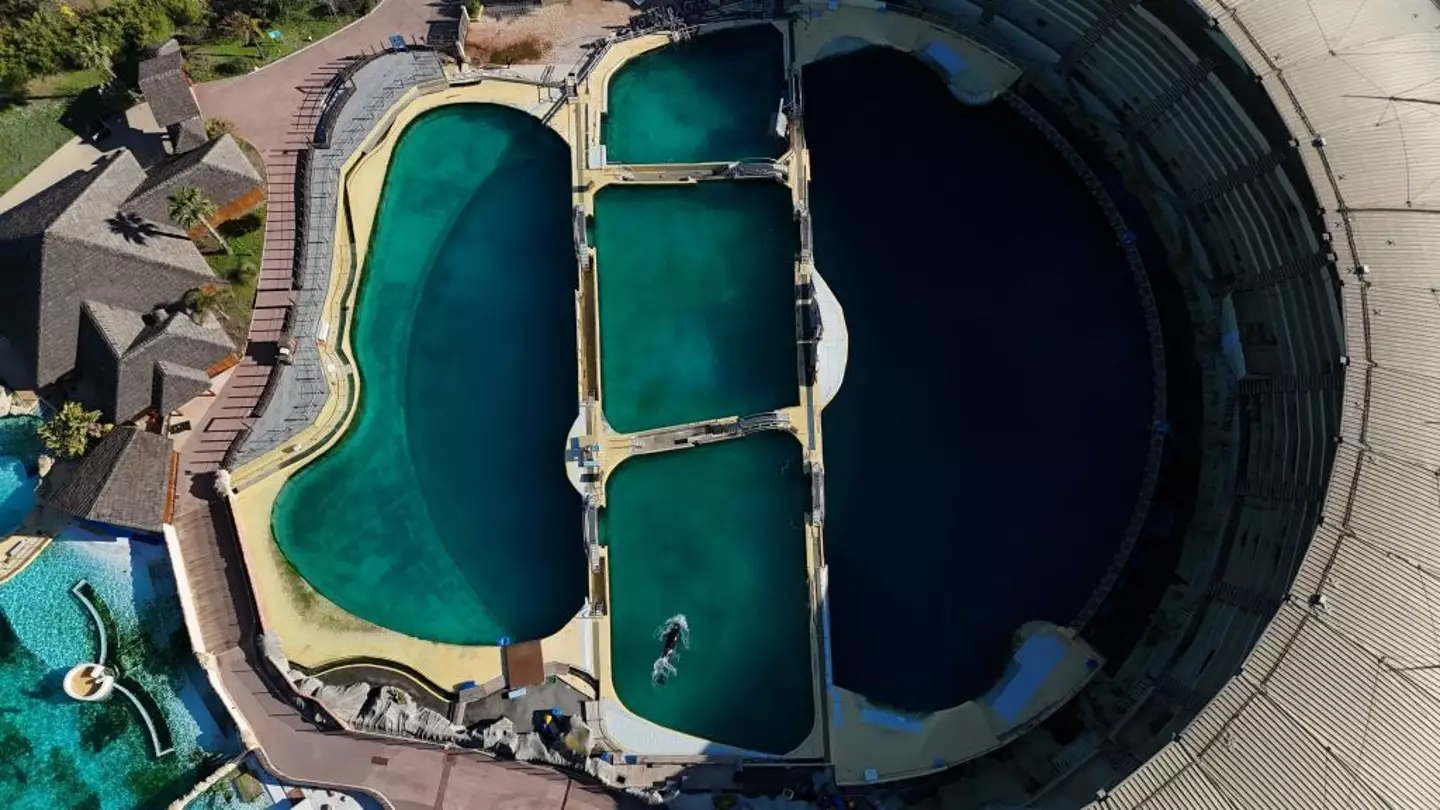
The two orcas have been in the park since its closure in January (Mohamad Salaheldin Abdelg Alsayed/Anadolu via Getty Images)
It is feared that the conditions in which the orcas are being kept could have an irreversible impact on both their physical and mental health.
EarthDay said that the mother and son have been left ‘circling endlessly in green, algae-filled water’ in a ‘silent’ marine park without any ‘mental enrichment’.
“Their world is concrete, empty, and visibly decaying,” the group continued. “As highly intelligent animals, orcas and dolphins need a lot of mental stimulation.”
Orcas typically live quite long in the wild and can stick around until they’re in their 80s, but according to EarthDay, a lot of those that are kept in captivity ‘die before they reach 20’.
“Despite claims of top-tier veterinary care and round-the-clock supervision, a peer reviewed study found that captive orcas die at 2.5 times the rate of their wild counterparts,” it explained.
“In captivity, these orcas (like Inouk) gnaw on the concrete sides of the pool and the metal sluice gates until their teeth are damaged, crack and rot,” EarthDay explained.
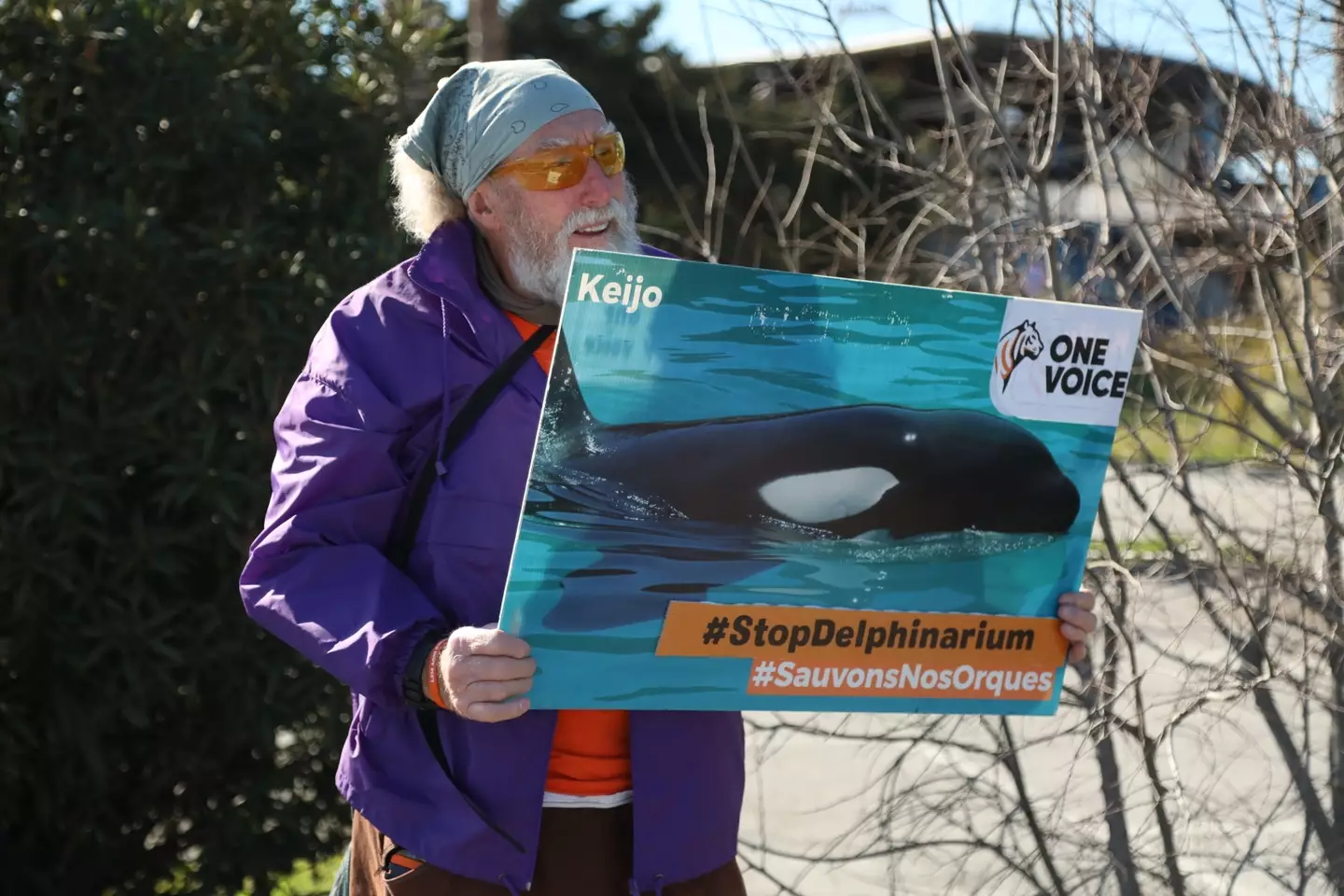
Animal rights advocates have raised concerns about how safe it is for the mother and son to remain trapped at Marineland, even if it is for the time being (Mohamad Salaheldin Abdelg Alsayed/Anadolu via Getty Images)
“They float listlessly, or use their teeth to scrape each other from frustration. In captivity, they become stressed and bored, hurting themselves or each other, when in nature, they are generally harmless creatures.
“Their intelligence, the very thing that makes them extraordinary, becomes a source of suffering and often early death. The truth is simple and heartbreaking: no amount of training, medicine, or walls can replace the open ocean.”
Insisting the marine animals are ‘not circus performers’, the organisation called for a swift solution to Wikie and Keijo’s confinement at Marineland to be found.
EarthDay’s Chief Creative and Content Officer, Tom Cosgrove, added: “The idea that there is anything fun or enjoyable about watching animals forced to perform for food, held in tiny, crumbling tanks and used as mere assets to make profits for shareholders – is abhorrent. Wikie and Keijo and all captive whales and dolphins deserve more.”
The French ecology ministry gets the final say on where the orcas are rehomed, although there has still not been any significant progress in finding them an appropriate place to live.
Meanwhile, campaigners continue to raise concerns about whether it is safe for Wikie and Keijo to remain at Marineland for the time being.
If you see an animal in distress and/or in need of help, contact the RSPCA’s national animal cruelty line on 0300 1234 999 from 8am to 5pm seven days a week, or visit their website for further advice.
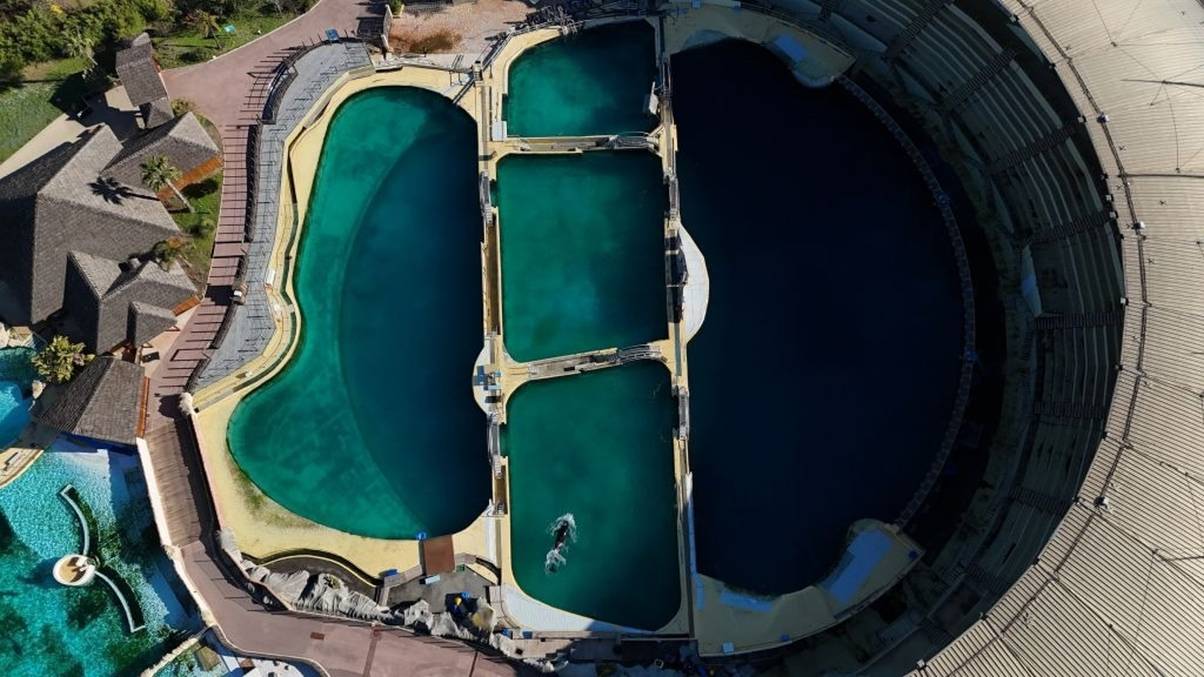





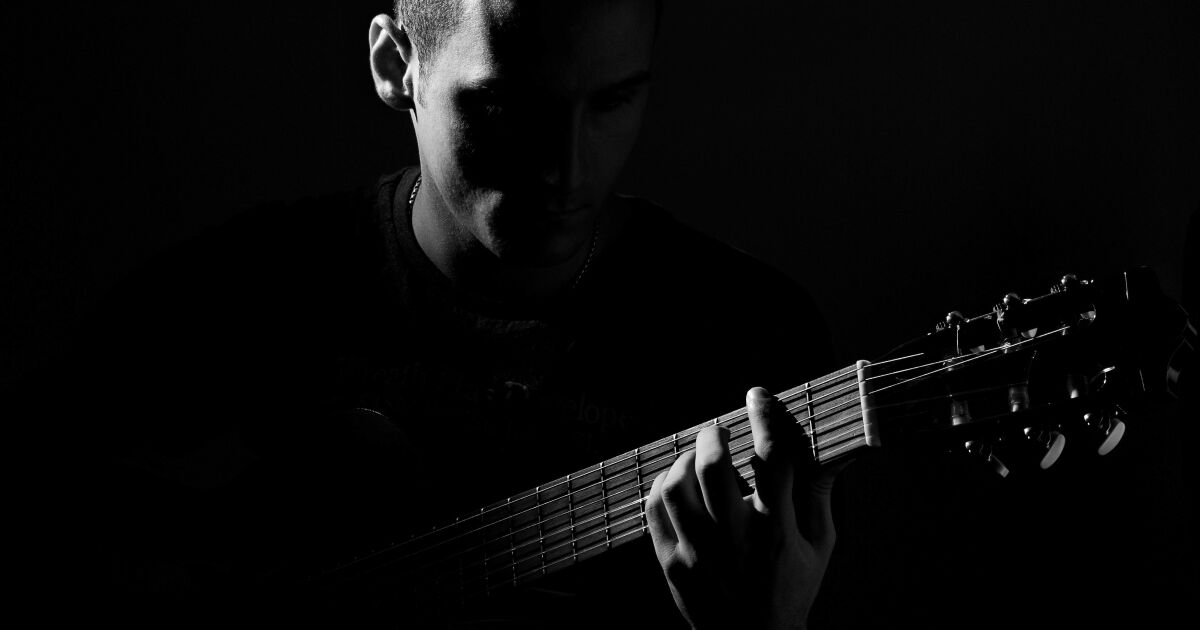
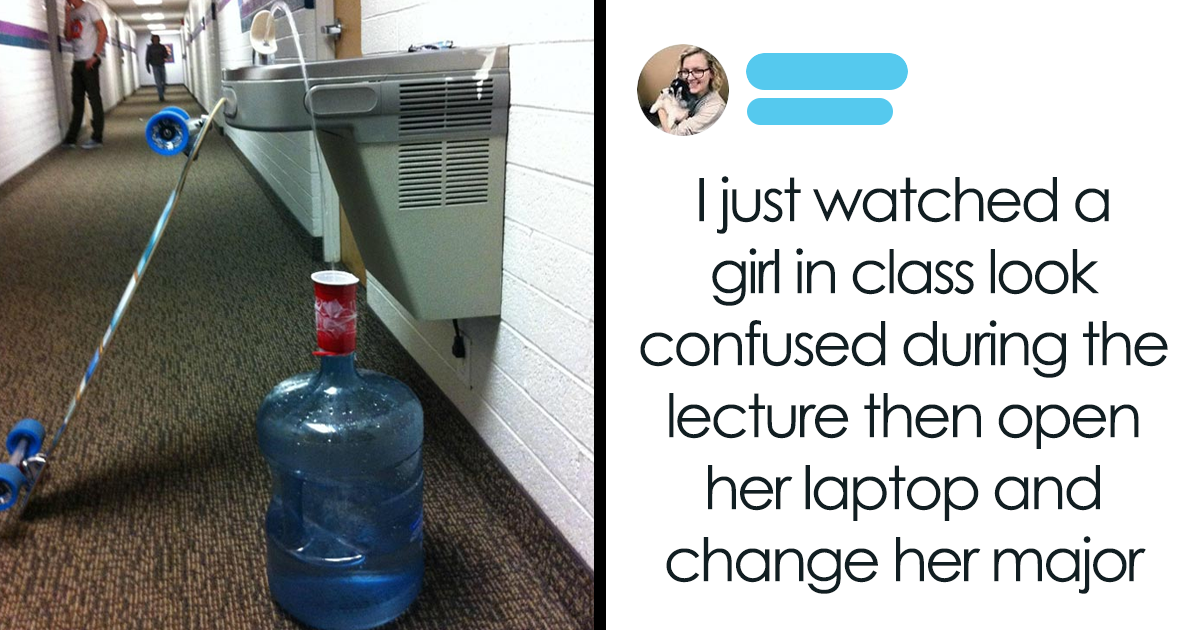
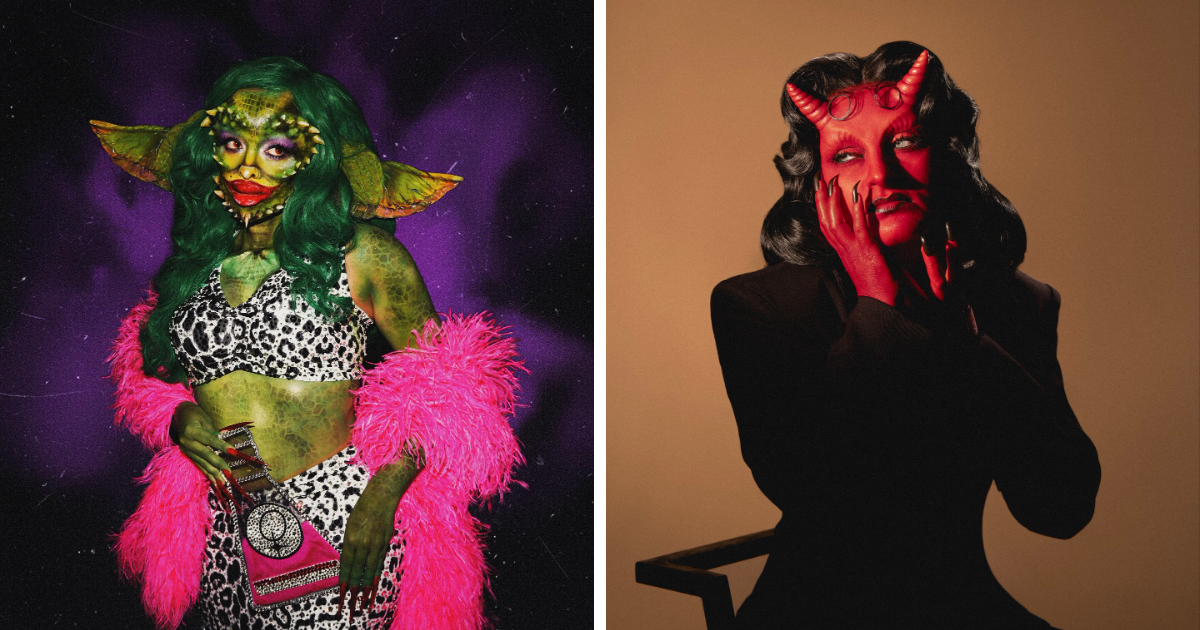

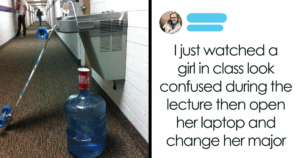








Post Comment